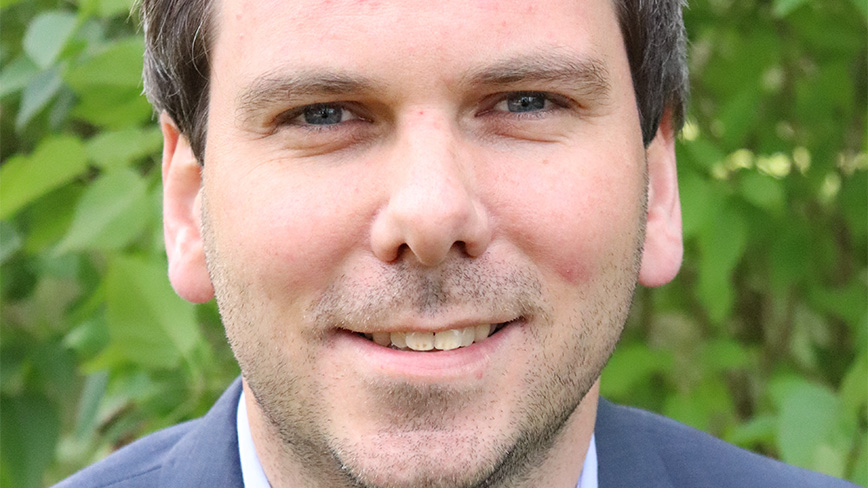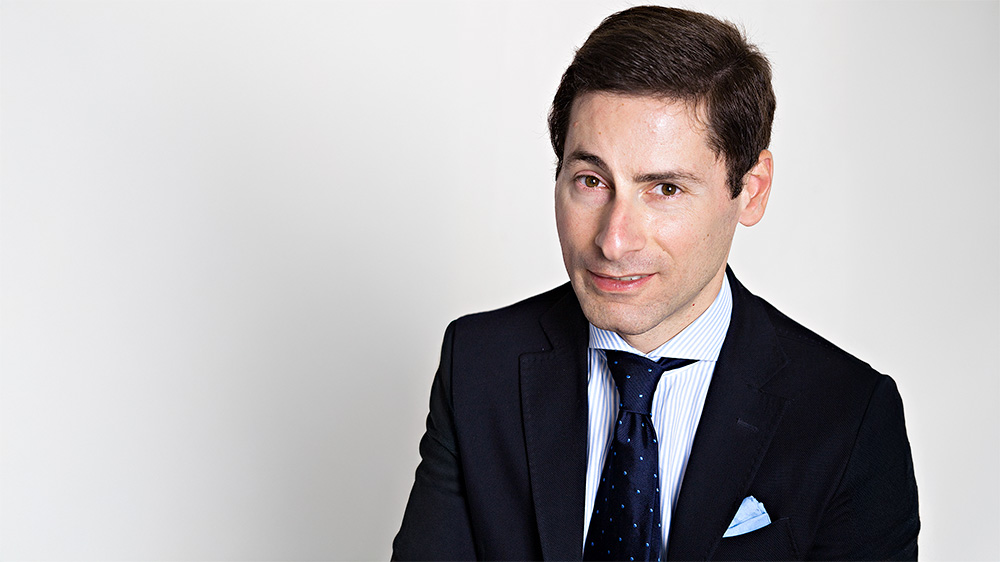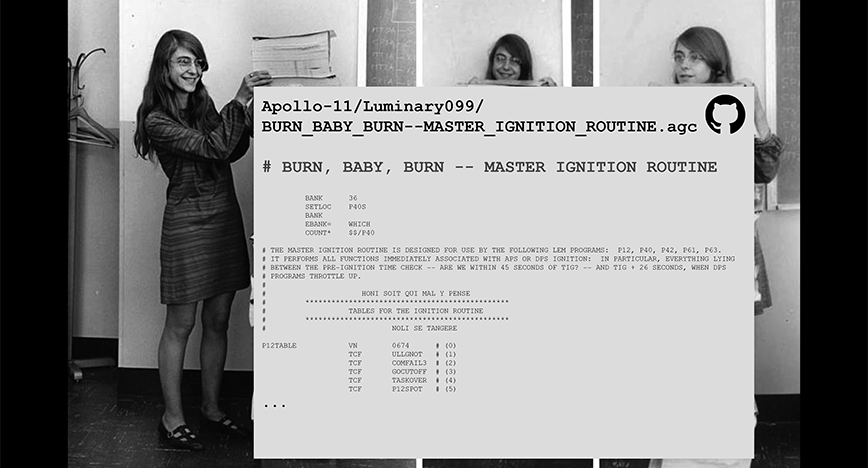Finding pathways to better understanding

Ragnar Thobaben’s areas of expertise are information theory and communication theory. In many ways, research in these areas has laid the foundations for the communication society of today and is now helping to address fresh challenges in emerging areas.
Thobaben came to KTH in 2006 from Christian Albrechts University in Germany. He is now a researcher and lecturer at KTH’s School of Electrical Engineering and Computer Science (EECS). Since completing his doctoral thesis, he has found time to impact many aspects in the fields of information theory and communication theory, often with the goal of finding ways to optimise performance based on given circumstances and conditions.
Today, Thobaben’s research includes ways to optimise the learning of algorithms used in machine learning. In simple terms, machine learning can be described as a form of artificial intelligence where algorithms themselves solve a variety of tasks with the help of existing data.
Algorithms identify patterns and relationships in data sets that make it possible to draw conclusions. To do this, they have to train on large amounts of data that have already been collected, and ideally this data contains clear relationships and patterns that the algorithms can understand.
“But this is seldom the case. So, our task is to systematically limit algorithms’ degrees of freedom to arrive at methods that can optimise results of learning and increase their robustness,” says Thobaben, Associate Professor at EECS.
Key areas
Today, machine learning is used in a growing number of research fields with remarkable results. Among other things, Thobaben contributes to increased use of machine learning in materials science where it is used to make the development of new materials more sustainable.
“In this area, machine learning can facilitate the very time-consuming work that is currently needed to develop new material candidates. Machine learning has proven to be something of a revolution in a number of fields,” he says.
Healthcare also benefits from the new methods. Two of Thobaben’s PhD students at Karolinska Institutet are working on developing new ways to automate the monitoring of patients in intensive care.
In these applications, we’re looking at ways to manage health data collected from each patient to be able to draw conclusions about how they are feeling at any given moment, and alert healthcare staff if a patient’s condition looks like deteriorating. One of the projects focuses on blood poisoning (sepsis) and organ failure, while the other deals with glucose levels in critically ill patients with the aim of giving the right amount of insulin in time.
There are many challenges, including choosing the right markers so that the algorithms can predict patient wellbeing accurately. In addition, it is difficult to develop sufficiently general methods for them to be widely used in healthcare. For example, it is often the case that different hospitals also use different medical technology solutions to monitor patients in different care processes. This means that data collected may differ from location to location.
Lastly, the system needs to be both easy to understand and easy to use for healthcare staff.
“Automating patient monitoring to a greater extent than is currently the case offers considerable advantages for healthcare. It reduces the workload and stress of healthcare staff and improves patient safety,” Thobaben says.
DNA: storage of the future
Thobaben’s expertise is applicable to multiple fields. Another area that interests him right now is the development of the sixth generation mobile network. He’s also interested in developing new ways of using DNA to store information, a field where there is interest in collaboration with SciLifeLab.
“A lot of work is being done on information storage in DNA, and there are several classic information theory problems that need to be addressed to make this possible, and others that we’ll encounter along the way,” he says.
This offers considerable potential, as DNA is a stable form of storage that can hold enormous amounts of information in very small volumes. There are still only experimental systems for DNA storage and much remains to be done before the technology can be put into use. Among other things, methods are needed to find the right information in large amounts of DNA, and tools to fish out the right data need to be developed as well.
“But before we start building these sorts of systems, we need to establish how much can actually be stored and at what cost, in other words: what is the best possible performance and how do we get there?” he says.
Driven by teaching
Thobaben’s is driven by the challenge of finding and solving difficult problems. At the same time, he stresses that the research is one of three equally important parts of his work. The others, teaching and supervision as well as involvement in the organization, are equally important.
“A problem with research is that it is so easy to measure. It’s easy to compare yourself to others by Googling citations and projects. For many, this can cause stress and dissatisfaction with their own results,” he says.
“To avoid falling into that trap, it’s important to stay focused on the problems that need to be solved, and be happy to share your knowledge with others. It means a lot to me to be able to help my students further in life.”
Contact:
Related news

Re-appointed IEEE Distinguished Lecturer
For the second time, Carlo Fischione, professor at KTH, has been appointed IEEE Distinguished Lecturer by the IEEE Communications Society (ComSoc)—a prestigious recognition awarded to experts who have...
Read the article
Humour - a key ingredient in software development
Humour and cultural influences play an important role in most human relationships and, indeed, in software. Deepika Tiwari, a PhD student at KTH Royal Institute of Technology, discovered this when, to...
Read the article